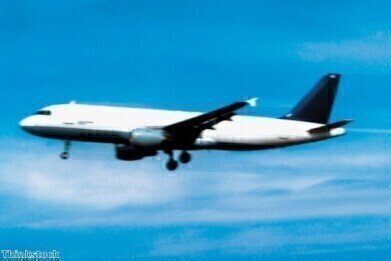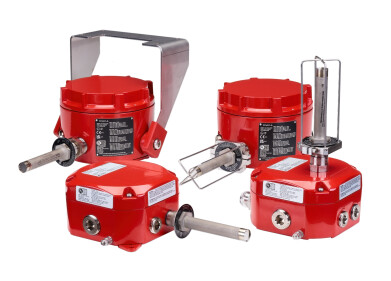-
 International airlines are set to reduce emissions by 2020
International airlines are set to reduce emissions by 2020
Safety
Airlines across the globe set to reduce emissions for 2020
Jun 17 2013
In a landmark decision, international airlines have agreed to reduce emissions of greenhouse gases. The International Air Transport Association (IATA) passed a resolution on June 3rd that called for all governments to agree upon a set of enforceable measures that will cut the carbon dioxide emissions of air travel. These measures will be put into effect by 2020.
The plan is to create a market-based mechanism that functions the same way across the world. This mechanism should ultimately allow airlines to offset the emissions they create and to account for them. However, no global agreement has been put in place that would limit the harmful emissions caused by air travel. There have also been no details released on exactly how governments can implement a market-based mechanism - like emissions trading - that will cover every airline.
Although the carbon dioxide produced by air travel makes up fewer than three per cent of global greenhouse gas emissions, they can have a larger impact on climate change than any emissions produced on the ground. Scientists theorise that aerosols and condensation trails that are produced by the exhausts of aircraft can affect ozone in the stratosphere as well as cloud properties. As a result some are calling for more drastic measures to be put in place to reduce airline emissions and further decrease their effects on climate change.
The EU has already put an emissions trading system in place that requires each company to have a paid-for permit for each tonne of carbon dioxide it produces when flying within EU territory. Several countries complained about the EU's emissions trading schemes and took legal action. The EU then agreed to reduce its rules if another way was presented that would result in the reduction of global airline carbon dioxide emissions.
Tony Tyler, director general of IATA, said: "Airlines are committed to working with governments to build a solid platform for the future sustainable development of aviation. They have come together to recommend to governments the adaption of a single market-based mechanism for aviation and provide suggestions on how it might be applied to individual carriers. Now the ball is in the court of the governments."
Digital Edition
PIN 25.6 Buyers' Guide
January 2025
Buyers' Guide Directory - Product Listings by Category - Suppliers Listings (A-Z) Articles Analytical Instrumentation - ASTM D7042: The Quantum Leap in Viscosity Testing Technology -...
View all digital editions
Events
SPE Hydraulic Fracturing Technology Conference and Exhibition
Feb 04 2025 The Woodlands, TX, USA
Feb 05 2025 Guangzhou, China
Trinidad and Tobago Energy Conference 2025
Feb 10 2025 Point Lisas, Trinidad
Feb 11 2025 Lagos, Nigeria
Feb 13 2025 Manama, Bahrain


















